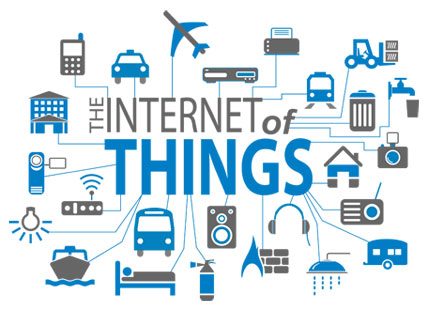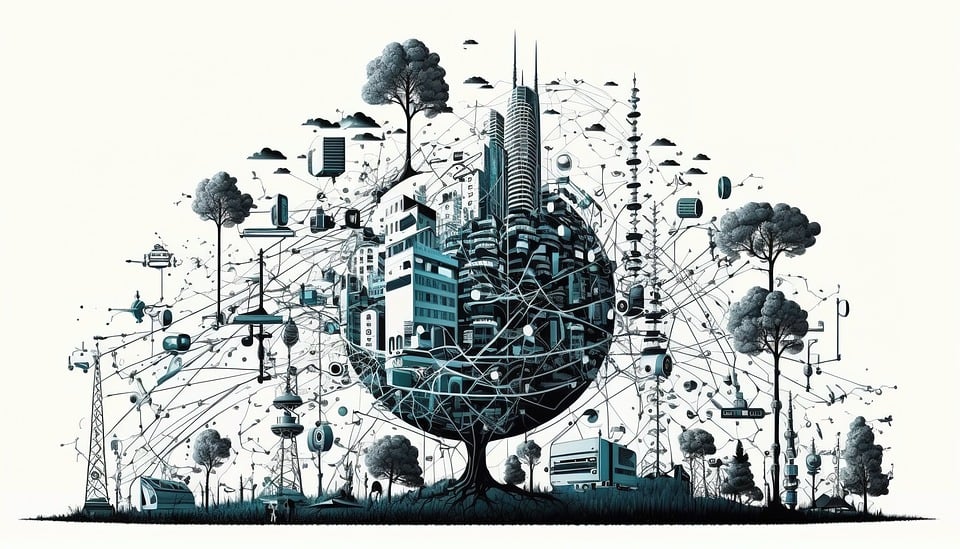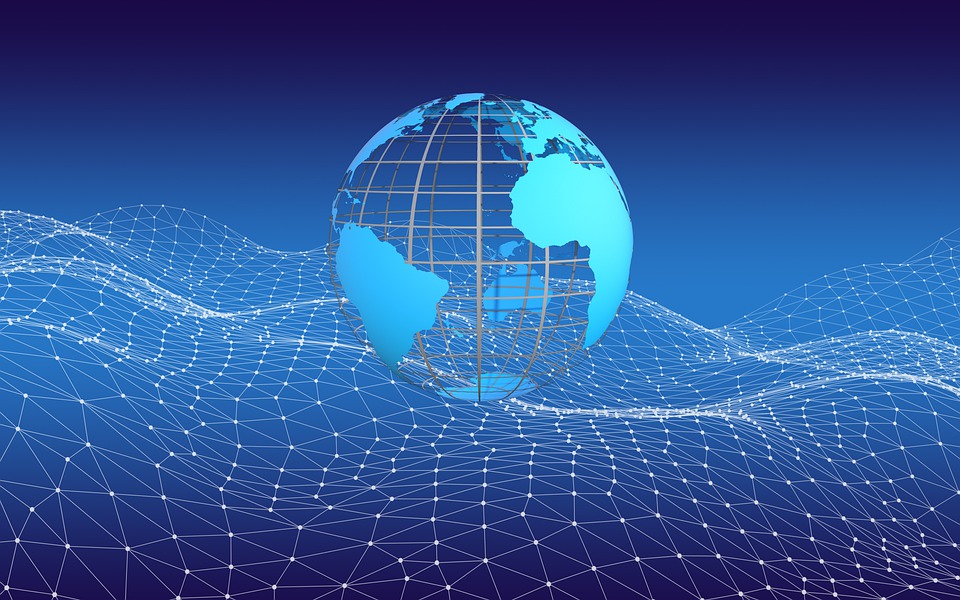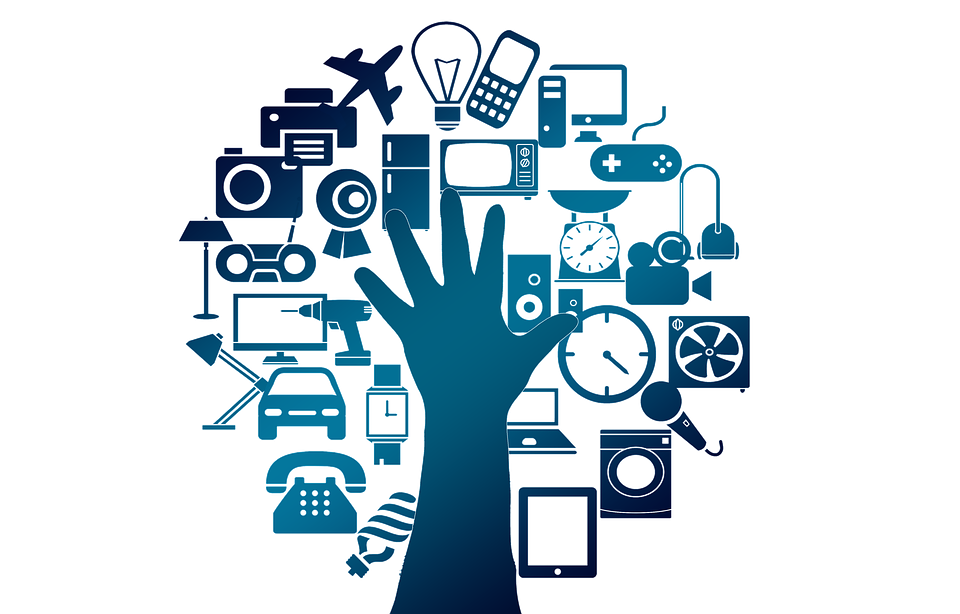Internet of Things – A cutting edge technology

The term “Internet of Things” or IoT was first used by Kevin Ashton in 1999 to define a system where the Internet is connected to the physical devices like washing machines and other domestic equipments. The core concepts of IoT are based on the computer network and are not new to the technical community. IoT can be defined as an advanced notion of communication between technological devices of all kinds through the internet. Now-a-days, almost every domestic appliance can be seamlessly connected to the internet to transfer data from one device to another. A “thing” in IoT can be a sensor to measure some parameter like pressure, a household appliance, a smart contact lens, a heart monitoring implant or any other object that can be integrated into internet by leveraging the developments in smart sensors, mobile technology, cloud computing, and miniaturization. IoT enabled devices can be identified and located and they can also collect, process, and exchange context aware data. An IoT enabled system can assist innovative applications in almost all sectors like mining, transportation, agriculture, logistics, health care etc. Combining the possibilities of AI and IoT, a new domain called Artificial Intelligence of Things (AIoT) is transforming almost all sectors.

According to a survey conducted by IHS Markit, by 2030 there will be 125 Billion active IoT devices in the world. A recent Fortune Business Insight report states that IoT market size is expected to grow to USD 2.5 trillion by 2027. Domain specific markets like Industrial IoT (IIoT), Vehicular IoT (VIoT), Internet of Medical Things (IoMT) etc. are growing rapidly. Statistical giant Statista has anticipated that IIoT market will surpass USD 1.1 trillion by 2028, according to Meticulous Research report, VIoT market will exceed USD 541 Billion, and according to a Fortune Business Insight report, the IoMT market will to go beyond USD 176 billion by 2025. This shows that there is a whole new world of opportunities for IoT-skilled engineers and professionals. According to the Indeed employment a US based website, the annual base salaries for engineers, software engineers and IoT engineers are USD 58,438, USD 93,827, and USD 131,373 respectively. In India too, recruiters are announcing a variety of jobs for IoT professionals, e.g., IoT engineer, IoT Application developer, Firmware developer, Automation engineer, IoT security engineer, Full stack IoT etc.

To join as an engineer in the IoT workforce, one should develop good proficiency in programming, basic knowledge about sensors and embedded systems, communication protocols, network and security, analytics, machine learning, cloud and edge computing, etc. Generally students of computer science, electrical and electronics engineering get good exposure to these knowledge areas. However, other engineering students from branches like Mechanical Engineering, Civil Engineering etc. can also learn and then combine the IoT knowledge with their own domain to grow as IoT professionals with specialization in their field of study. Consider a mechanical engineer who is trained in IoT with good domain knowledge can build interesting IoT enabled smart machines for several clients. Similarly an agriculture engineers can design and build a variety of IoT enabled smart farming solutions.

IoT applications are very quickly spreading to almost all spheres of human lives as well as industry. The IoT is enabling us to integrate the physical and digital worlds with deep implications for economy as well as society. The IoT enabled hyper-connected world will very soon unfold many unimaginable social, legal, and governance issues as well. Keeping in mind the market growth and a surplus of job opportunities, developing the required competences will help the motivated engineering students to have a secure career. IoT will also open many opportunities for other professionals also like architects, UI/UX designers, doctors, lawyers, urban planners etc. As IoT is a disruptive technology, universities should prepare their students to lead the by incorporating IoT and other relevant subjects at the core of their engineering education.